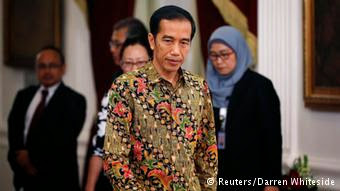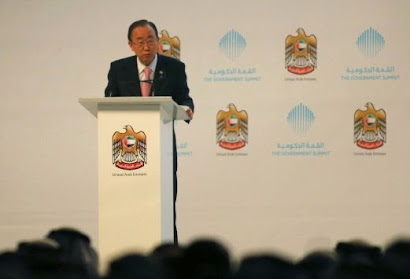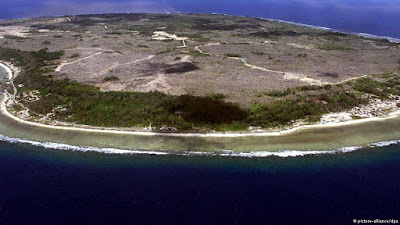Yahoo – AFP,
April 28, 2016
 |
| People cover their noses to avoid a foul smell (AFP Photo) |
A Japanese tourism board has called on foreign tourists to refrain from public "belching or flatulence" in an etiquette guide which was hastily rewritten, reportedly after complaints from a Chinese resident.
The
Hokkaido Tourism Organization, which represents Japan's northern-most island,
published a downloadable brochure on its website, with polite instructions on
everything from public bathing to using a Japanese toilet.
Helpfully,
it even dedicated an entire section to protocol for avoiding bodily functions.
"Japanese
etiquette is based on avoiding causing discomfort or nuisance to others,"
the guide points out.
"Accordingly,
Japanese will avoid bodily functions such as belching or flatulence in public
entirely, or perform bodily functions as discreetly as possible."
However,
the Chinese-language guide -- originally entitled "Common Sense When
Travelling in Hokkaido" -- upset a Chinese resident who angrily claimed
the diagrams featuring examples of bad tourist behaviour were offensive,
Japan's Kyodo news agency reported.
 |
Chinese
tourists spent more than $164 billion in 2014, according to a report by
Bank of
America Merrill Lynch (AFP Photo/Toru Yamanaka)
|
The
complaint prompted a new, foreigner-friendly version with softer explanations
of Japanese customs.
In the
updated guide available in Chinese and English, gone are the large 'X'-marks
next to cartoon illustrations of tourists committing, from a Japanese
perspective, embarrassing gaffes, such as putting used toilet paper into the
waste bin -- the general custom in China -- instead of flushing it away.
According
to The Japan Times newspaper, the original booklet was first published last
August and was targeted at Chinese tourists, including a reminder not to open
products before buying them when shopping, a habit also seen in China.
China has
said it will monitor the behaviour of unruly tourists abroad and punish them on
their return home after being shamed by a string of well-publicised incidents
in recent years.
Research by
the Bank of America Merrill Lynch found that more than 100 million Chinese
tourists went abroad in 2014, spending some $164 billion.
 |
Tourists
prepare for a shopping spree in Tokyo (AFP Photo/Toru Yamanaka)
|
But reports
of disruptive behaviour have tarnished their reputation, such as passengers
scalding a flight attendant with hot water and noodles or a holidaymaker fined
in Thailand for washing her feet in the wash basin of a public toilet.
Media in
Japan have carried a spate of reports of alleged uncouth behaviour by Chinese
visitors, though some local commentators have urged understanding, recalling
that the emergence five decades ago of Japanese tourists as a force in global
travel was often met with complaints about their behaviour.
Around
85,000 copies of the Hokkaido tourist brochure have reportedly been printed in
Chinese and English, to be distributed to hotels and tourist attractions across
the island.
Related Articles:


























